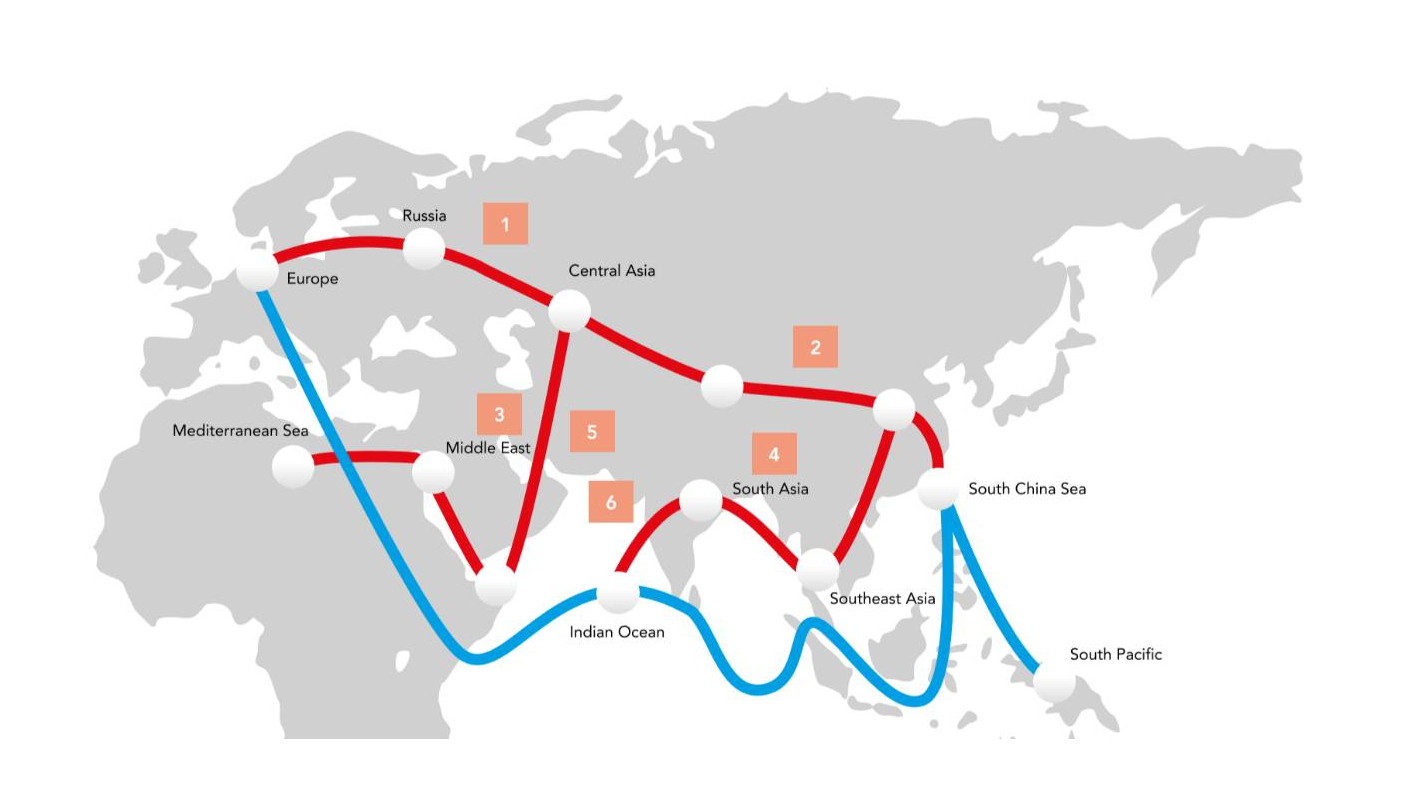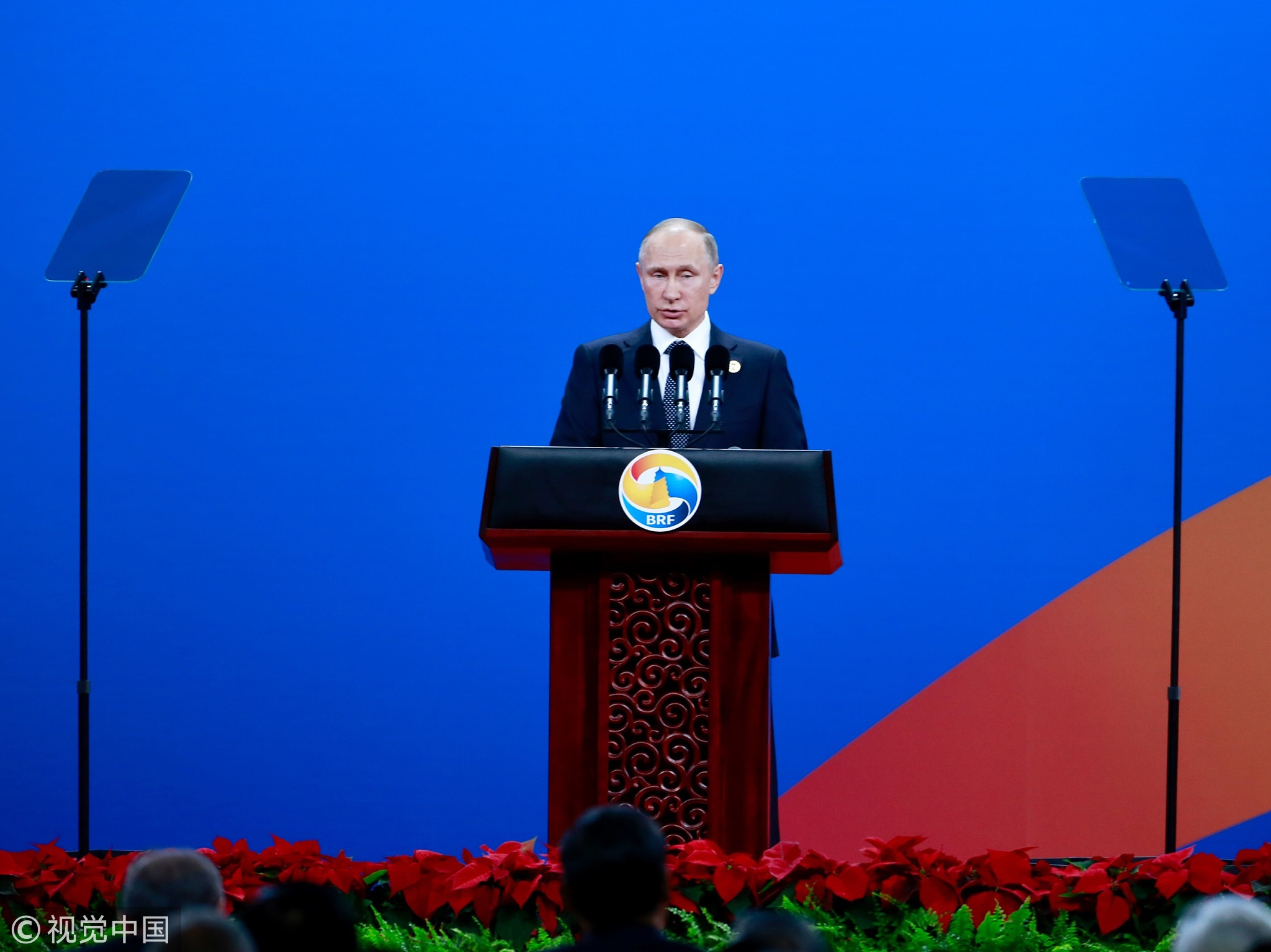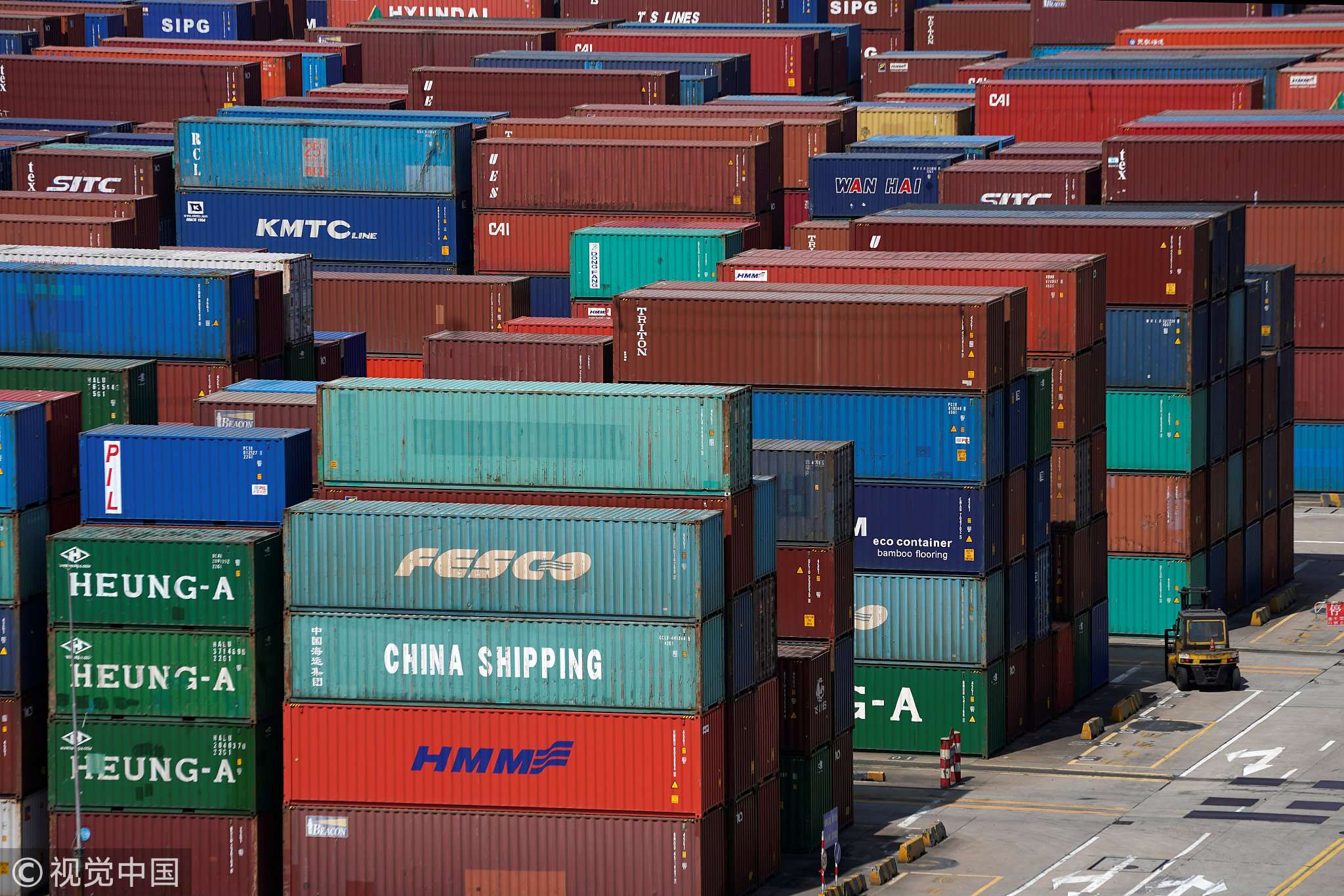
Opinions
11:53, 26-Aug-2018
Opinion: China's BRI calls for more common development to defend multilateralism
Updated
11:20, 29-Aug-2018
Xu Wenhong

Editor's note: Xu Wenhong is PhD and deputy secretary-general of the Center for Belt and Road under the Chinese Academy of Social Sciences in Beijing. The article reflects the author's views, and not necessarily those of CGTN.
For the past four decades, the world has been watching China’s unprecedented economic growth. Now we know the secret of China's rapid rise: The panacea consists of a peaceful and stable environment, investment in infrastructure construction, close regional and global cooperation, integration of worldwide resources, trade collaboration, better access to education and closer people-to-people exchanges.
That's why the rest of the world was counting on China during the international financial crisis starting from 2008. As China has become the second largest economy on the planet since 2010, the expectation for its performance on the world stage has been ever increasing.

Russian President Vladimir Putin gives a speech at the Leaders Roundtable of the Belt and Road Forum for International Cooperation in Beijing, May 15, 2017./VCG Photo
Russian President Vladimir Putin gives a speech at the Leaders Roundtable of the Belt and Road Forum for International Cooperation in Beijing, May 15, 2017./VCG Photo
China boasts a different philosophy and cultural tradition from most other countries and regions in the world. The Chinese people believe that when you are impoverished, you should first discipline yourself, and when you get wealthy, you should bring benefits to others.
For the past four decades, China has lifted millions of its people out of poverty, which is indeed a marvelous success. Now, the world is seeing how the Belt and Road Initiative (BRI) will help millions in other countries shake off poverty. Five years ago, the grand conception was first envisioned by Chinese President Xi Jinping, in an aim to revive the ancient Silk Road trading route by inviting developing countries to share socio-economic progress.
Now, five years later, the majority of countries involved in the BRI have scored major progress through closer cooperation with China: Cambodian women have found jobs in newly founded factories in Sihanoukville; an increasing number of entrepreneurs have moved into Great Stone – the biggest joint project of Belarus and China in Minsk; in Kenya, passengers can go from Mombasa to Nairobi in only 4.5 hours on an express rail; more Greek locals struggling to make a living after the European debt crisis have found new jobs in the Piraeus Port.
Over the past five years, China has been upholding a fundamental belief that all cooperation projects should be built on a principle of transparency, inclusiveness and sustainability.

Shipping containers are seen at the port in Shanghai, China, April 10, 2018. /VCG Photo
Shipping containers are seen at the port in Shanghai, China, April 10, 2018. /VCG Photo
In the implementation of the BRI, China has no intention to challenge the existing international system; instead, it aims to cooperate with more nations within this framework to contribute to regional and global development. In this process, China has become a staunch supporter of globalization. It’s playing an increasingly important role in anti-protectionism especially against the backdrop of US President Donald Trump's frenzy for trade skepticism.
Now that unilateralism and populism are gaining traction, the BRI has inevitably become a target of criticism from those with evil intentions and vested interests. However, they should better see the fact that globalization is irreversible and China is just one of many countries fighting to defend it. That's why we need more and more people to truly understand the significance of the BRI and to embrace the BRI.
Through close cooperation along the Belt and Road, developing countries in Africa, Central Asia and Southeast Asia have embraced more convenient transportation, better healthcare and more access to education. For all the people who have a deep belief that all men are created equal, they have a chance of development along the modern Silk Road.

SITEMAP
Copyright © 2018 CGTN. Beijing ICP prepared NO.16065310-3
Copyright © 2018 CGTN. Beijing ICP prepared NO.16065310-3